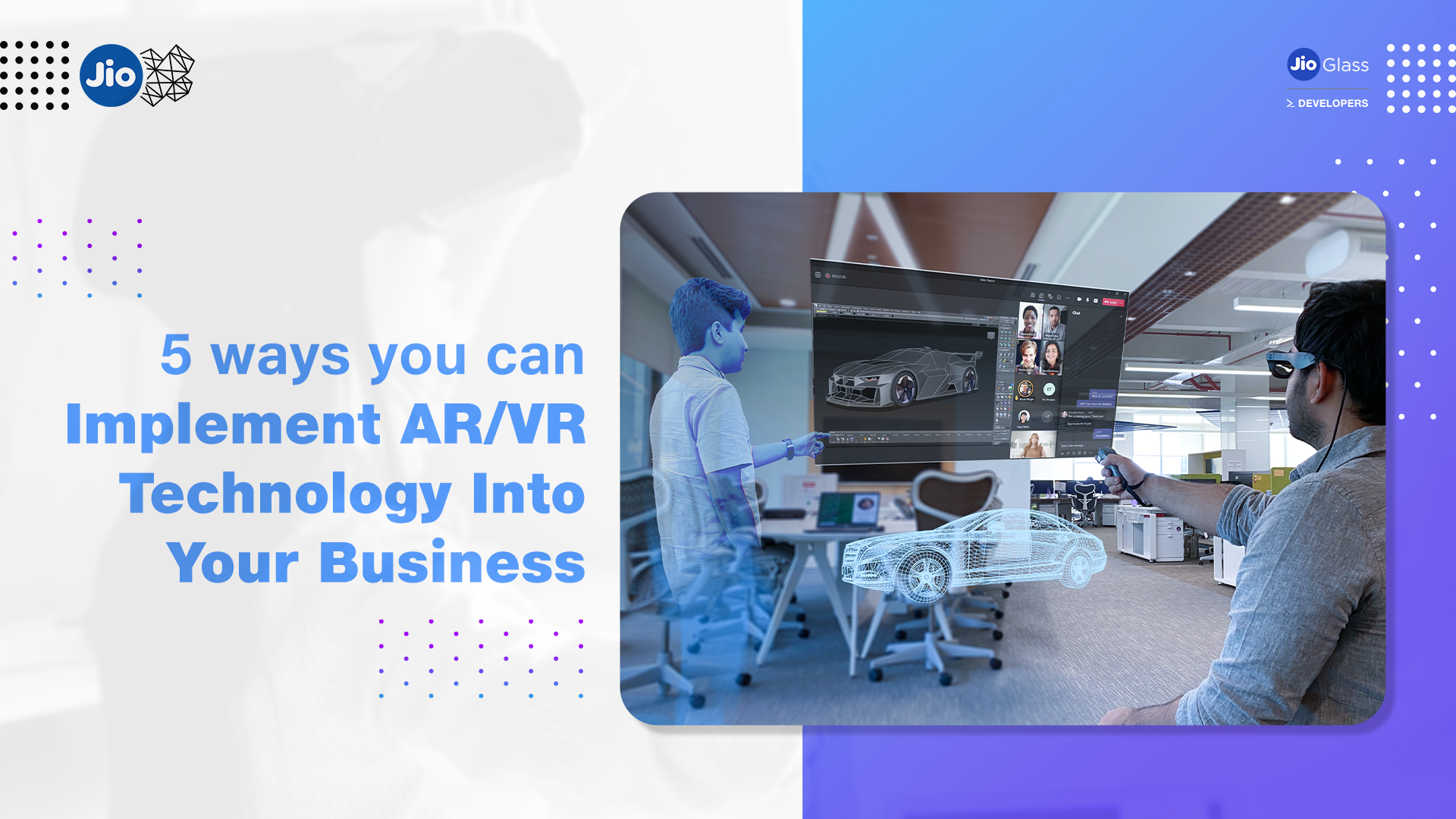Augmented and Virtual Reality Career Path

Devs, the industry is waiting for you. The technology industry is booming, and companies are looking to fill thousands of job openings. So why not work on some of the most advanced and interesting VR and AR projects?
We all want to make a difference when we work, and in tech jobs, you can! You'll be right in the heart of the action and fulfilling the needs and wants of consumers in this dynamic, fast-paced industry.
Welcome to the boundless potential of AR/VR
As technology advances, new career opportunities open all the time. A few years ago, virtual reality (VR) was primarily confined to video games and niche experiences. But now, so many companies are betting on XR.

Source: Statista
The number of jobs for developers who specialize in creating immersive digital experiences will likely skyrocket in the coming years. The forecast is an estimate of over 23 million jobs by 2023. There may be quite a few job openings for various skill levels: from entry-level positions to senior-level jobs with high salaries and excellent benefits.
How to get into AR/VR development and what are the skills required?
The best XR developers will be keenly aware of both the new technology and its limitations. Of course, you don't need to be a programmer to do this job. You can also work as a visual artist or graphic designer who specializes in building virtual environments.
However, if you're into computer programming, AR/VR development is one of the most exciting application areas for your skills.
Many technical skills are required for becoming an AR/VR developer. The very first thing you will need is a good understanding of 3D graphics. You should know what stack, shaders, and APIs are.
Having good problem-solving skills is also essential. You need to solve problems using the knowledge gained from your education and experience. You should be able to write efficient code in any language of your choice.
You should have strong analytical skills as well. To become a successful AR/VR developer, you must figure out solutions to complex problems that clients present to you.
And lastly, you need to articulate your ideas and concepts well to engage effectively with all your clients in their respective mediums of communication. Employers will look for these traits in candidates while recruiting them for AR/VR developer roles.
What does it take to become an AR/VR developer?
The field is still young, but it's growing steadily. It requires a combination of artistic creativity, engineering expertise, and business savvy knowledge.
Here are the steps to take to start your career as an AR/VR developer.
1. Learn the fundamentals of 3D art design.
First, you'll need to learn the basics of 3D art design. Start by downloading free software like Blender or SketchUp. For 3D modeling, you can use Sketchup for simple objects and Blender for more advanced models.
2. Learn your way around Unity 3D.
Next, you'll need to learn how to bring your models into Unity 3D, a potent game engine that powers much of the AR/VR industry. If you're just getting started with Unity, check out our beginner tutorial series.
3. Build prototypes for XR games and apps.
Once you have your models placed in the virtual world, experiment with different interactions to see what works well in VR. Explore different camera angles and movement speeds for each interaction.
4. Talk to people about their preferences.
Ask friends what they think about different interactions with various objects in VR; don't be surprised if they disagree with you.
What’s the career path for getting into AR/VR development?
If you want to build a career in AR/VR, you must create a portfolio. The portfolio is what matters. You can get a job with the right portfolio and change positions with the right portfolio.
The portfolio needs two things: it must have content, and evidence of commitment. The content matters less than the evidence of commitment. If you have a lot of content, but people don't think you are committed, they won't hire you.
And if you have a lot of evidence of commitment but not much content, they still might not hire you (because they worry that you don't know enough). But if you show the appropriate amount of each, you’re a suitable candidate and your chances of employment improve.
Finding enough content is hard; AR/VR is complicated, and there are only so many hours in the day. You can find some open-source projects or academic papers (if you go this route, make sure that your name appears on them), or maybe do some freelance work for start-ups or other companies.
If doing your projects doesn't work out, look for internships or entry-level jobs at companies that make AR/VR products.
Why must individuals interested in the XR niche start now?
Training for a career in AR/VR development is relatively new, but the industry is rapidly growing. Aspiring developers can take different paths to get started, including online education or community groups.
Various boot camps offer immersive programs that lead to jobs at major tech companies. The programs include training in Unity and Unreal Engines, which are popular game engines used to develop extended reality apps.
LinkedIn offers webinars on topics like virtual reality development. The videos provide an overview of the technology and how it's used in real-world applications.
Unity offers free courses and workshops on various parameters like UI/UX design, development best practices, and so forth. You can also check out our XR learnings on Jio Tesseract social media handles to unravel more of what it takes to be a kickass XR developer.
Are you Geared up to Lead the Revolution?
Working in the VR/AR industry, you are constantly immersed in a creative environment that pushes you to explore your creative limits. The crossover between the real and virtual worlds is becoming an everyday reality.
Navigate the opportunities and pitfalls in today's rising tech trend: virtual and augmented reality. Join a thriving group of tech pioneers, investors, and dreamers with a chance to ask questions and explore the vast arena of careers in tech 👉 Click Here

